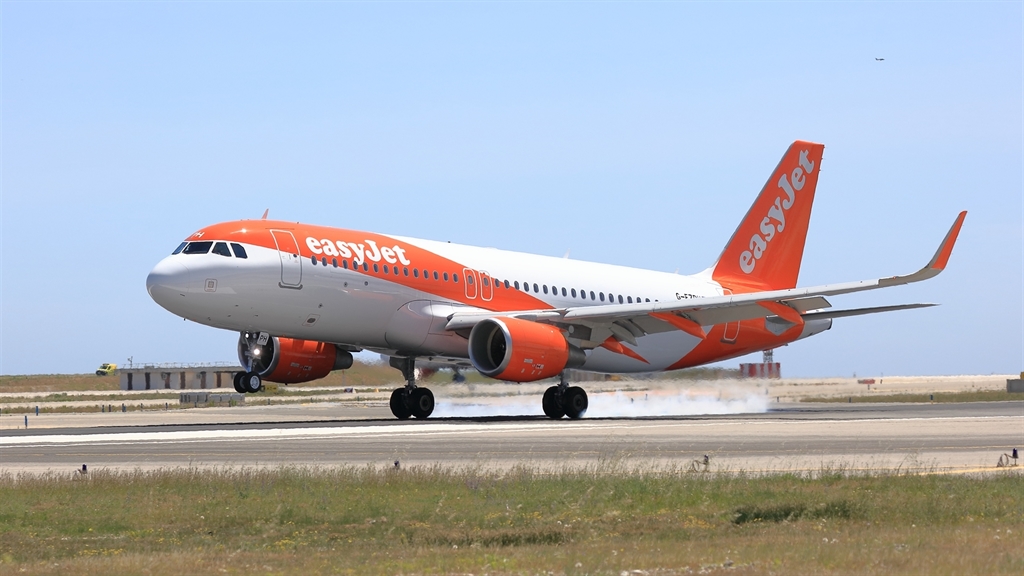Global consumer goods companies, including Kraft and Mondelez, cannot meet their commitments to net-zero deforestation by next year according to new research by CDP.
The CDP report No Woods for the Trees analyses 22 companies according to scale and commodity use in the consumer goods sector, including food manufacturers, personal and household goods manufacturers and fast food retailers.
Despite the net-zero deforestation target for 2020 set by the Board of the Consumer Goods Forum, only eight companies are deploying comprehensive forest and land-use management practices (including regenerative agriculture and soil management).
These global consumer-facing companies are particularly exposed to ‘soft commodities’ linked to deforestation, so called ‘Forest Risk Commodities’ (FRCs), with palm oil, soybean and cattle playing a major role in product formulation, whilst paper and pulp products are essential to product packaging and marketing. Even leading companies Nestle and Procter & Gamble have acknowledged that they will fall short of the 2020 deforestation goal.
CDP has ranked the companies analysed, with a few surprises within the league table. Both PepsiCo and McDonald’s make the top ten, despite having been associated with negative environmental impact. McDonald’s is particularly notable as the company has been directly linked to deforestation in the past, and whilst not outstanding, does seem to be more responsible than direct comparators.
Whilst Danone and Unilever are leading efforts to address deforestation, working directly with smallholders, restaurant Brands International (owners of Burger King), TysonFoods and Kraft Heinz rank bottom.
Latest News
-
Tottenham Hotspur and charities launch film to tackle mental health stigma
-
Russell Hobbs launches food poverty campaign in schools
-
Cardfactory funds homelessness charity’s team of psychologists
-
Bingo firm raises £300,000 for the Stroke Association
-
Sainsbury’s links up with Comic Relief for festive recipe campaign
-
Shepherd Neame extends air ambulance charity partnership
© 2019 Perspective Publishing Privacy & Cookies







Recent Stories